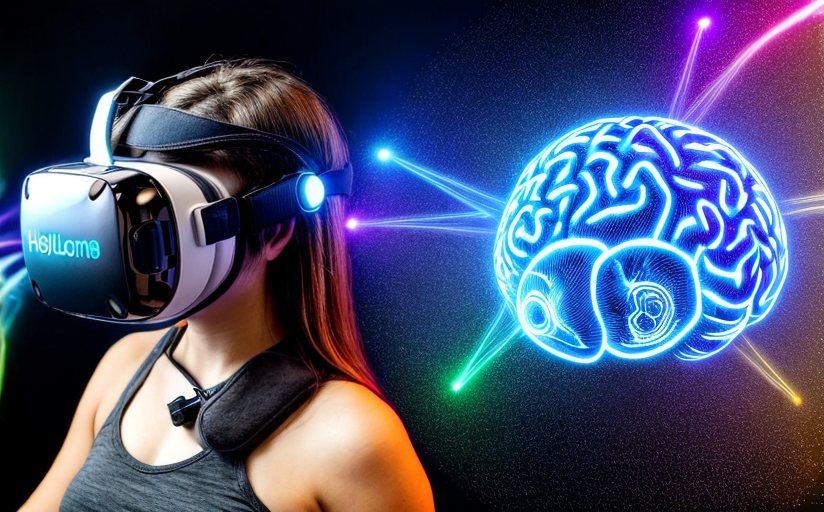The Revolutionary Technology of Virtual Reality and Its Influence on Mental Health and Well-being
Over the past decade, technological advancements have significantly reshaped many sectors, including healthcare. One of the most notable is the exponential growth and adoption of Virtual Reality (VR) technologies. While commonly associated with gaming and entertainment, VR is gaining traction in various health disciplines due to its immersive nature and versatility. This article highlights the transformative potential and effectiveness of VR technology concerning mental health.
Application of VR in Mental Health
Several pieces of research and clinical studies have acknowledged the potential of VR in therapy and mental health improvement. Virtual reality is employed to create immersive and interactive simulations to help patients confront and manage their fears or triggers in a controlled environment. This treatment method, known as exposure therapy, has demonstrated promising results in treating anxiety disorders, phobias, PTSD, and other mental health disorders, as validated by expert opinions and clinical trials.
Potential Risks and Negative Effects
While the benefits of VR are appealing, it is crucial to also consider its potential risks and negative effects. Some individuals may experience 'cybersickness,' a form of motion sickness induced by VR due to discrepancies between visual input and physical motion. Additionally, overexposure to VR environments might bring about 'derealization' where individuals have trouble distinguishing reality from VR experiences. The long-term psychological impact of VR is still under review and requires further study.
VR Technology: Shaping Strategies for Mental Health Care
The use of VR in mental health care is unquestionably transformative. This innovative technology has the potential to provide nuanced perspectives on addressing and understanding mental health. However, it is crucial to appreciate VR as a tool to enhance, not replace traditional therapy. Mental health professionals should judiciously incorporate VR into their practice, taking into account the individual patient's unique needs and suitability. As we continue to navigate and explore the terrain of VR, rigorous and comprehensive research is necessary for establishing evidence-based practices to maximize its benefits and minimize its risks.
VR's potential contribution to mental health care is an exciting prospect. The innovative capabilities of VR coupled with traditional clinical methods can pave the way for breakthrough, highly-customized therapeutic strategies. As we continue to explore the potential of this revolutionary technology, the ultimate goal remains to reach a level of maturity in its usage that seamlessly integrates its functionalities and benefits.
Conclusion
From the promising findings of VR's immersive capabilities in addressing mental health conditions to the importance of ongoing research, it is evident that VR will play a significant role in shaping the future of mental health care. By balancing the capabilities of VR with the persisting need for traditional therapeutic methods, we can develop a well-rounded, effective approach to improving mental health and well-being.

















Comments
Leave a Comment